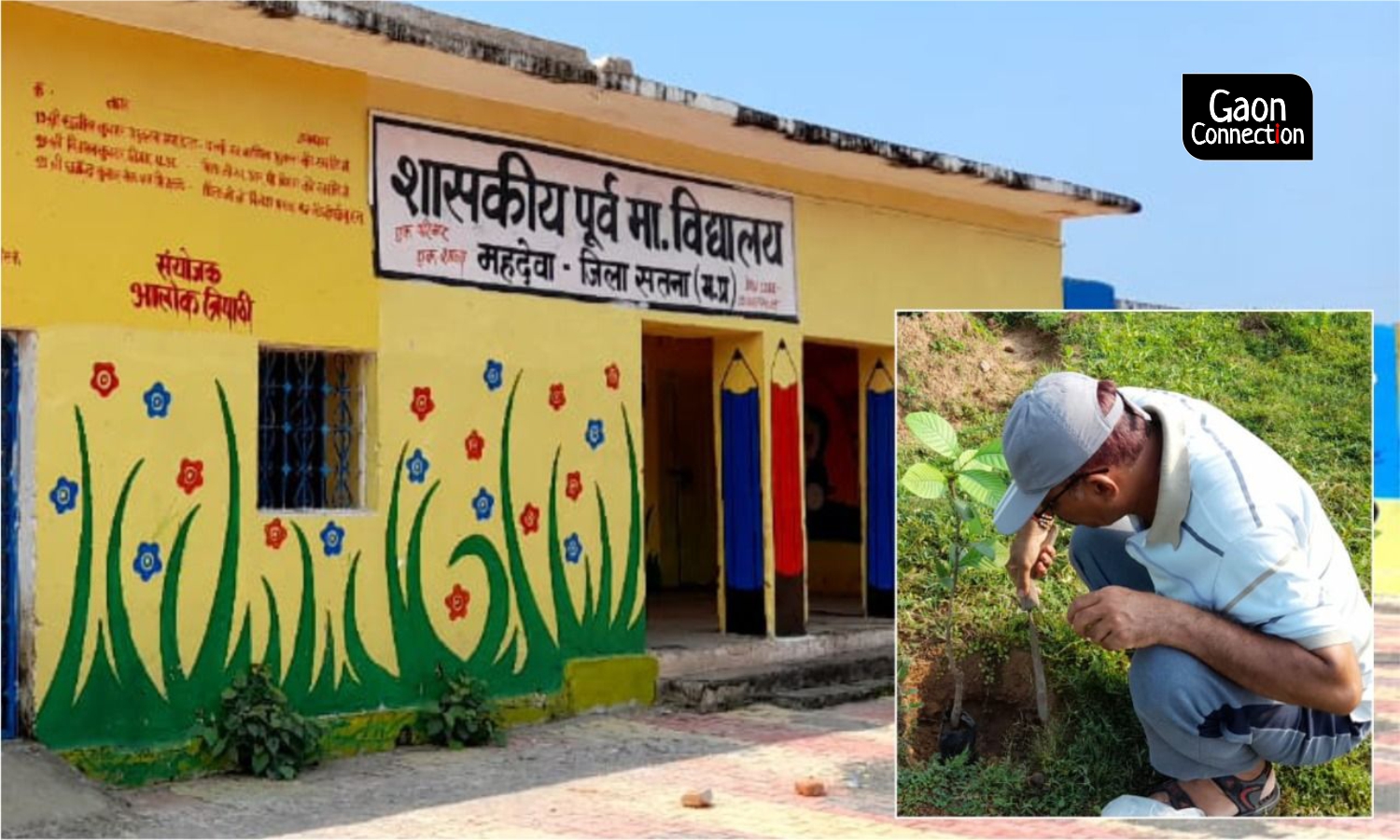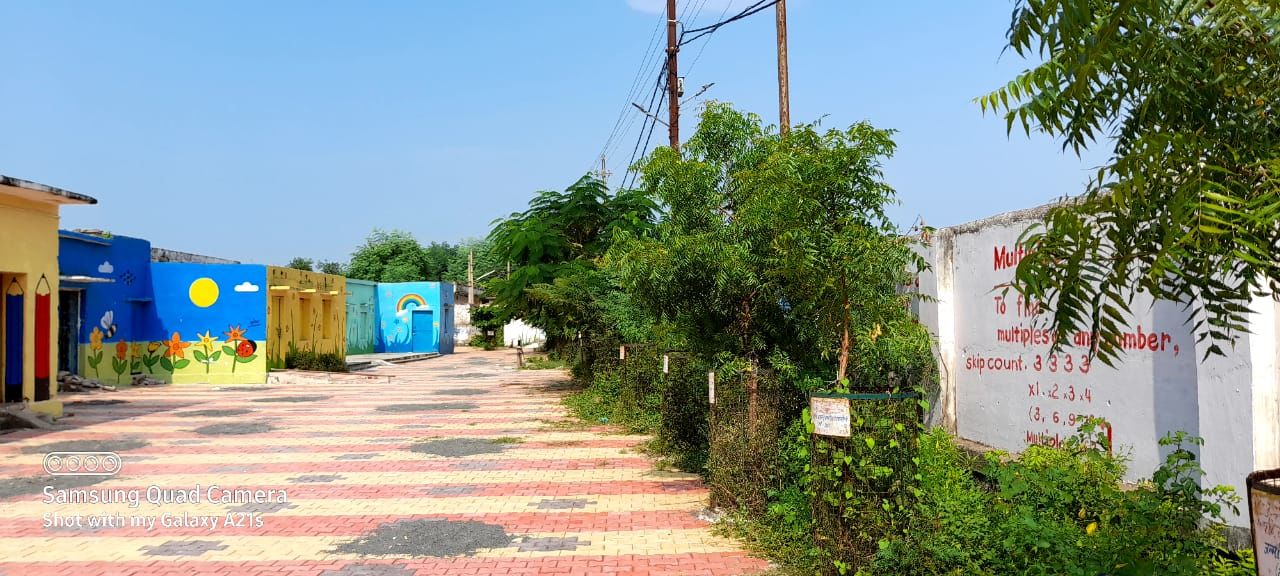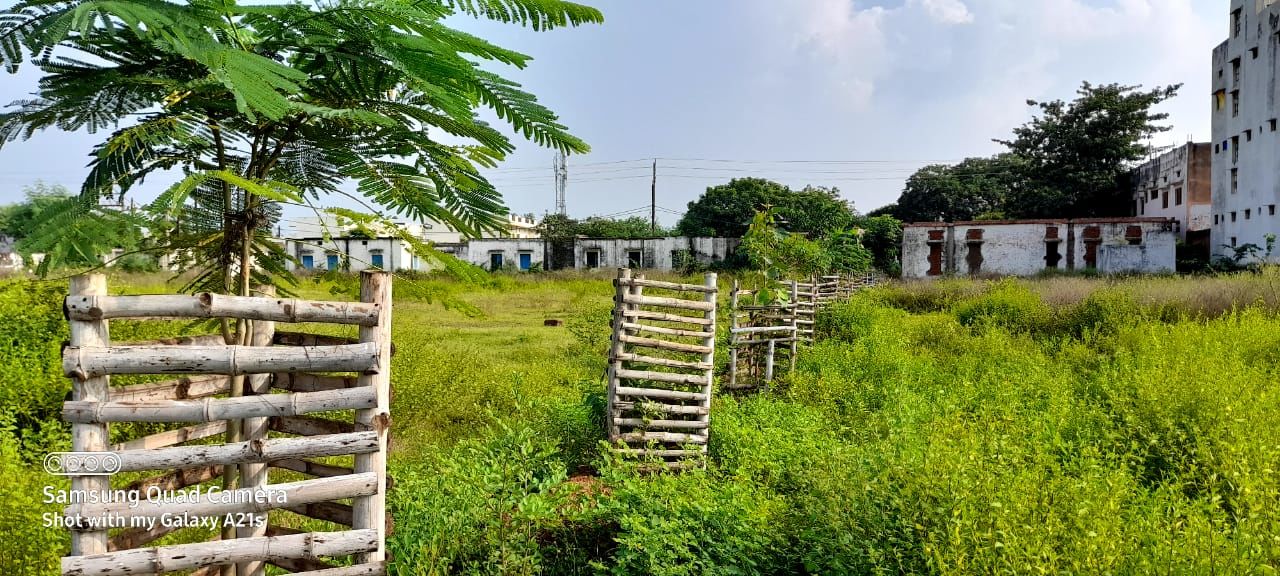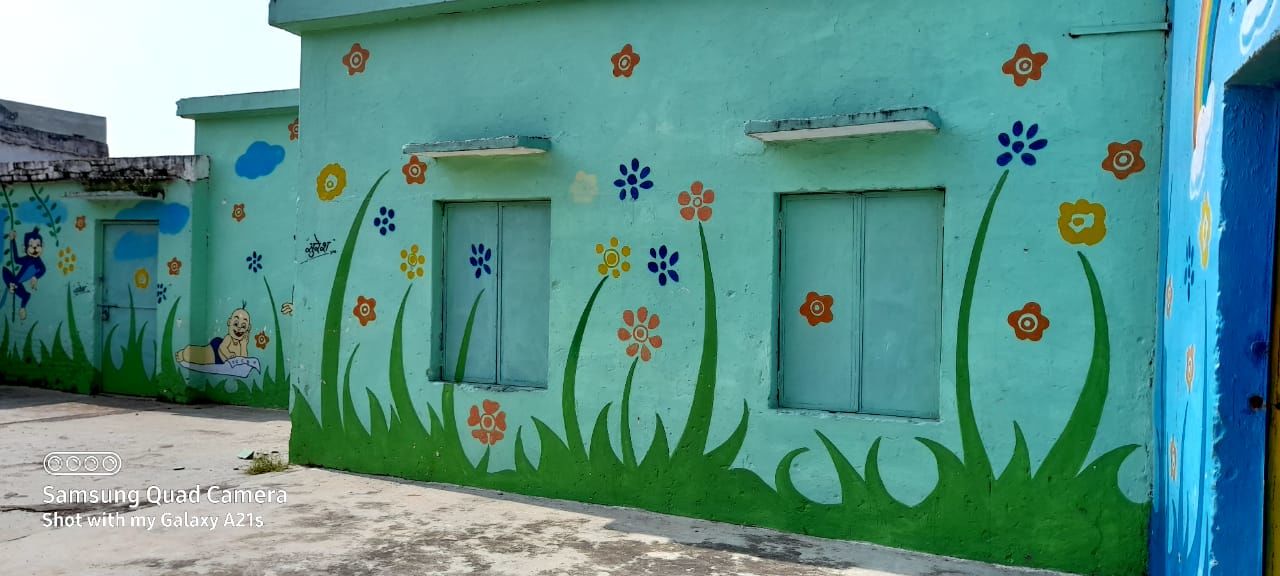Green dream: A headmaster in Satna turns his govt school into an oxygen chamber
Despite initial failure, Alok Tripathi kept planting saplings in the three-and-a-half-acre school campus in Mahadeva village for more than two decades. Today, it has 250 varieties of plants, including medicinal herbs.


Satna, Madhya Pradesh
A three-and-a-half-acre campus with 250 varieties of plants, including peepal, banyan, jamun and mahua, besides medicinal plants. Walls that are adorned with paintings of foliage and flowers. No, this is not an eco-park or nursery, but the government pre-secondary (middle) school in Mahadeva village, Sahawal block, about five kilometres from Satna district headquarters in Madhya Pradesh.
It took headmaster Alok Tripathi decades to ensure this level of greenery in his school; he now wants it to earn a name for environment protection.
There was a time when the school did not have a boundary and villagers used to graze cows and buffaloes on the grounds; whatever greenery it had was uprooted. “In 1986, when this used to be a primary school, the first five saplings were planted, but some people uprooted the plants and took them away,” Tripathi told Gaon Connection. “After that, I tried putting up a boundary wall around the school, but that took many years. Then, with the help of local government authorities and the forest department, I began planting saplings; they were uprooted too,” he added.

Finally, in the year 2000, when the school was upgraded to middle level and the number of senior students in the school went up, Tripathi found that the older students connected well with nature.
He made another attempt to green the school in 2018. He attended a greening programme and shared the issues he faced with raising saplings; one of his friends Rakesh Raikwar stepped in to help him.
“This programme taught me to plant saplings with a tree guard. I planted 27 saplings, including mango, amla, almond and banyan. Today, they have grown by 10 feet to 12 feet,” elaborated Tripathi.
Gradually, the students took to planting saplings regularly and raised awareness among people.
Even during the COVID-19 lockdown, Tripathi got a pass issued to be able to go to school and water the plants. “I feel hugely responsible for the plants and sought permission to visit school twice a day. That is why the campus has remained green and lush, and is well maintained,” he added.

Besides teaching his students about the need to keep their surroundings green, Tripathi also speaks to people about environmental issues. He also encouraged the children of nomadic families to enter the formal education system in the village. “Some drum-making nomadic artisans used to come visiting our village. Many families had children in the school-going age. I urged the head of the community to enrol the children in our school. First, three children came, then 12, and later 30 children joined the formal education stream. We sorted out administrative glitches, and because they had to keep moving due to the nature of their profession, we also helped the children with pre-examination preparation,” he recalled. For this, the Madhya Pradesh School Education Department bestowed Tripathi with the Outstanding Teachers (Governor) Award in 2017.

Tripathi lives in Dhawari near Mahadeva, and believes that like the brain needs oxygen to function well, the earth needs greenery, and so saplings must be nurtured in schools. “I hope people recognise our school’s efforts to green the environment, and that amid the concrete jungle, we remain an oxygen chamber,” he said.

